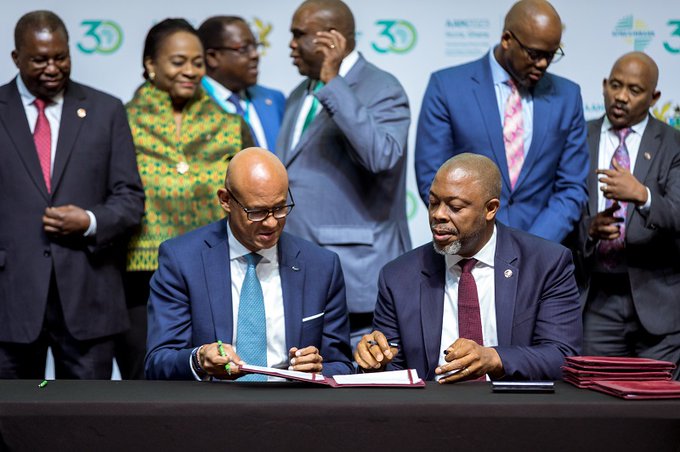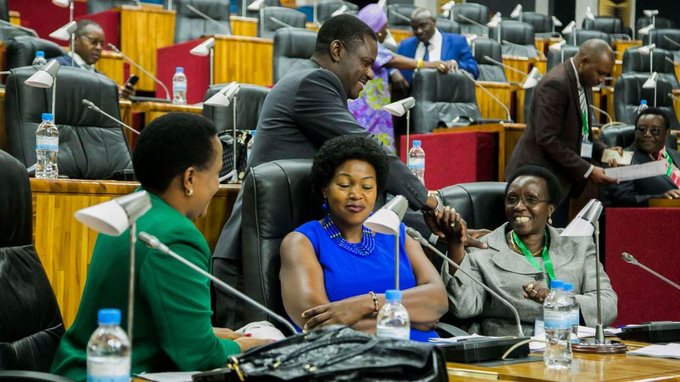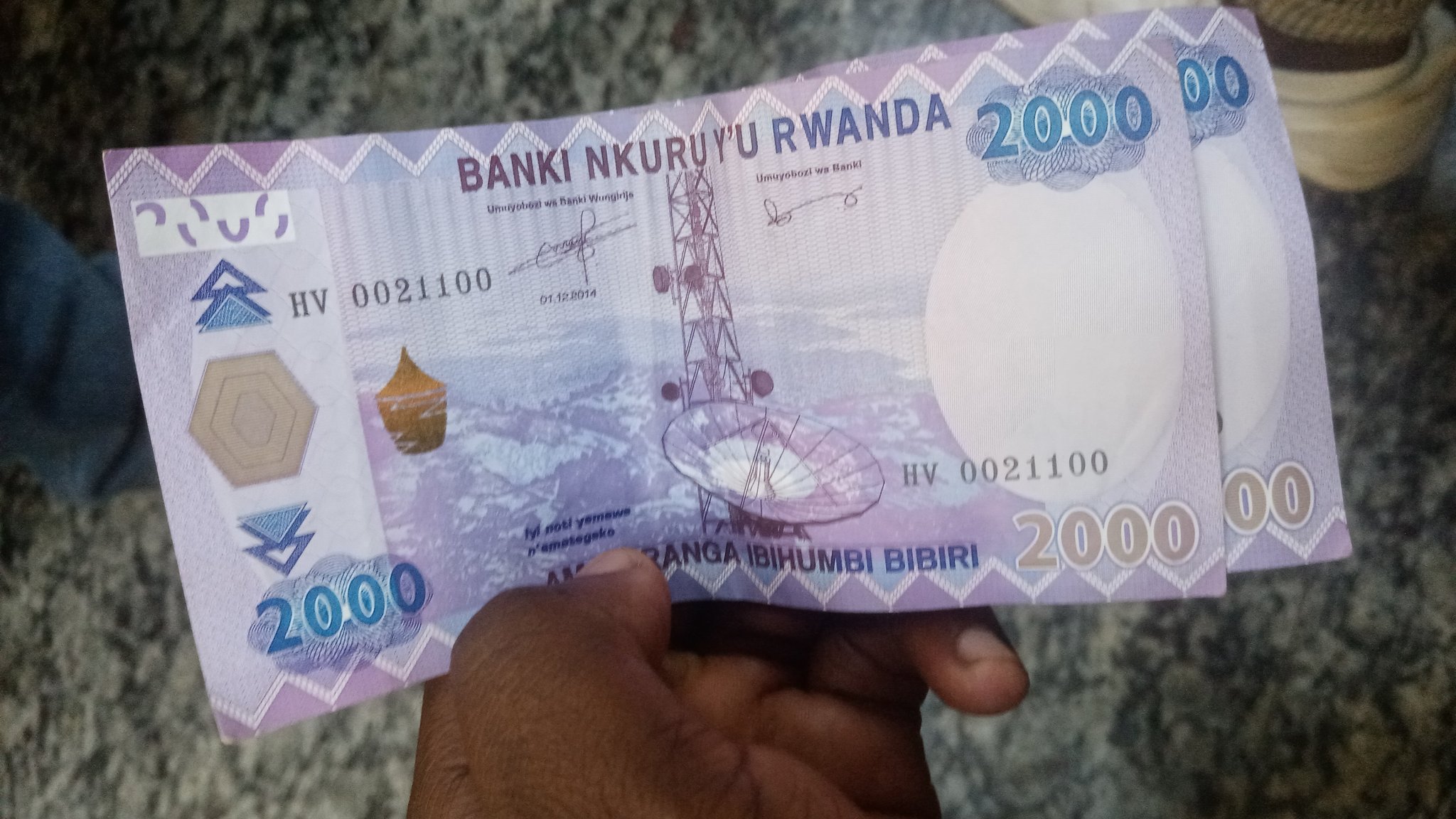Currency Revolution: African Nations Push for Local Currencies over Dollar

A groundswell movement among African leaders is gaining momentum as they advocate for reducing reliance on the United States dollar and promoting the use of local currencies in intra-African trade. This concerted push seeks to bolster economic autonomy, enhance regional integration, and unlock numerous economic advantages for African countries. Notably, Kenyan President William Ruto has emerged as a prominent voice, outlining logical arguments and calling for a shift towards local currencies. This article delves into the rationale behind this movement, the potential benefits for African traders, and President Ruto’s recent calls for action.
ALSO READ: Ghanaian Entrepreneur Combats Counterfeit Goods With His Innovative Startup
The Logical Arguments for Adopting Local Currencies:
Mitigating Exchange Rate Risks:
One compelling reason for African traders to favor local currencies over the dollar lies in minimizing exchange rate risks. The dollar’s volatility poses significant challenges, as sudden fluctuations can erode profit margins and introduce uncertainty into cross-border transactions. By adopting local currencies, traders can shield themselves from the adverse effects of exchange rate fluctuations, ensuring stability and predictability in their business operations.
Fostering Economic Integration:
The adoption of local currencies strengthens regional economic integration by eliminating unnecessary currency conversions and reducing transaction costs. African leaders recognize that reliance on the dollar hampers efforts to deepen economic ties within the continent. By utilizing local currencies, trade barriers can be diminished, promoting intra-African commerce, and fueling economic growth and collaboration between nations.

Enhancing Financial Inclusion and Independence:
African countries often face limited access to global financial markets due to their dependence on the dollar. The use of local currencies would bolster financial inclusion, enabling businesses of all sizes to actively participate in regional trade. By reducing reliance on external currencies, African nations can assert greater control over their monetary policies, tailor regulations to domestic needs, and nurture a more independent and resilient financial ecosystem.
ALSO READ: West African Protesters Demand Their Countries Abandon the French Colonial CFA Currency
Economic Advantages of the African Currency Push:
Stimulating Domestic Industries:
The adoption of local currencies would invigorate domestic industries by incentivizing the consumption of locally produced goods and services. Trading in local currencies encourages the growth of local businesses, fosters job creation, and supports the development of a robust industrial base. This boost to domestic industries would drive economic growth and create sustainable livelihoods for African citizens.

Resilience against External Shocks:
The global economy is susceptible to external shocks, such as fluctuations in commodity prices, interest rates, or financial crises. By reducing reliance on the dollar, African countries can insulate themselves to some extent from these shocks. The use of local currencies enhances resilience, enabling African economies to weather global economic uncertainties and maintain stability in the face of external challenges.
Unlocking Economic Potential:
A transition toward local currencies within Africa would unlock the continent’s immense economic potential. Increased intra-African trade facilitated by local currencies would foster entrepreneurship, spur investment, and facilitate the transfer of knowledge and technology. The resulting economic growth and job creation would alleviate poverty, enhance living standards, and promote sustainable development across the continent.
President William Ruto’s Calls for Action:
President William Ruto of Kenya has been an influential proponent of the transition to local currencies within Africa. In his recent statements and speeches, he emphasized the following key points:
Proposing a Single Currency for Africa:
President Ruto called for the establishment of a single currency for Africa, which would enhance economic integration, facilitate cross-border trade, and eliminate exchange rate uncertainties. This proposal aligns with the broader objective of fostering a unified African market and enhancing regional cooperation.

Easing Dollar Demand:
President Ruto expressed confidence that dollar demand would gradually ease within a couple of weeks. He cited the transition to local currencies and the concerted efforts of African leaders as key drivers behind this anticipated shift. By reducing reliance on the dollar, African countries aim to create a more balanced and sustainable trade environment.
ALSO READ: Implications Of Tanzania President’s Push For Cryptocurrency Adoption In Africa
Advocating Against Dollar Payments:
President Ruto emphasized the need to move away from dollar-denominated payments for trade among African countries. He highlighted the adverse effects of dollar-based transactions, such as currency conversion costs and exposure to exchange rate risks. By championing local currencies, President Ruto envisions a more efficient, cost-effective, and self-reliant African trading ecosystem.
Conclusion:
The African leaders’ push to embrace local currencies and reduce dependence on the dollar signifies a transformative shift towards economic autonomy and regional integration. The logical arguments supporting this movement, including mitigating exchange rate risks, fostering economic integration, and enhancing financial independence, underscore the potential advantages for African traders. President William Ruto’s calls for action, particularly the proposal for a single African currency, highlight the commitment of African leaders to unleash the continent’s economic potential and create a more prosperous future for all Africans.







Responses